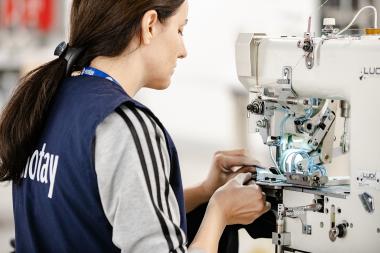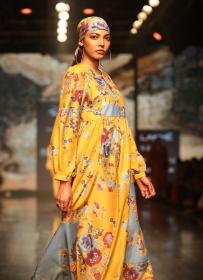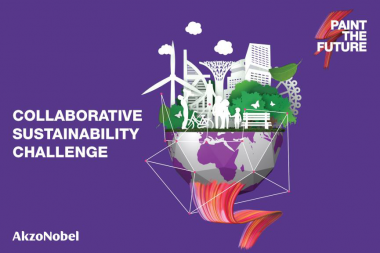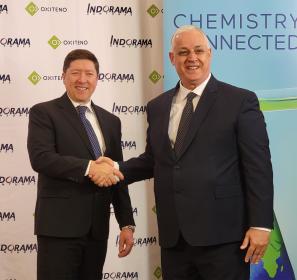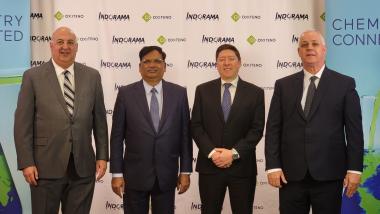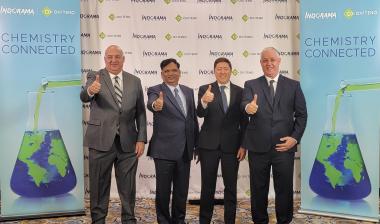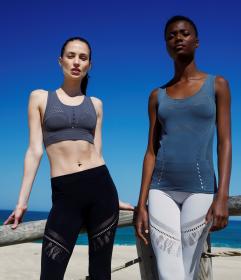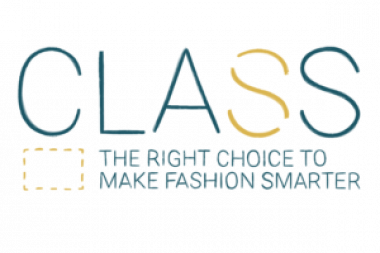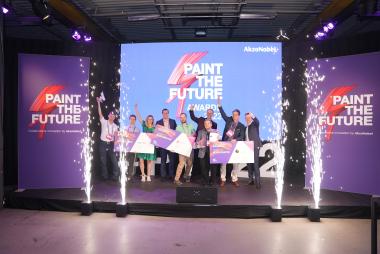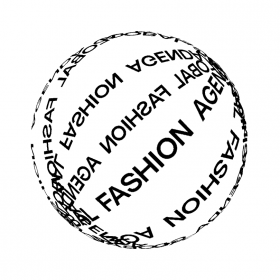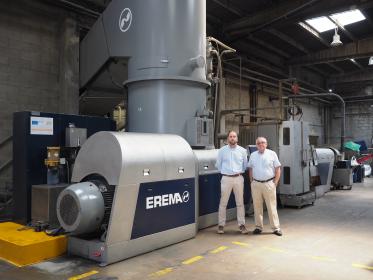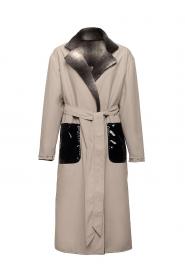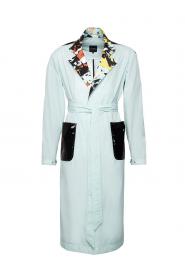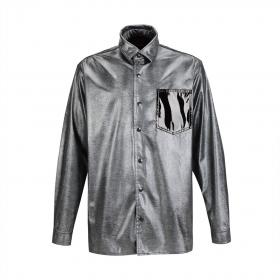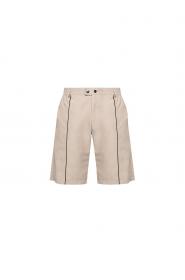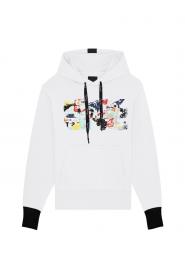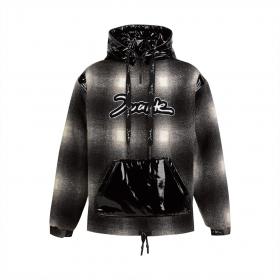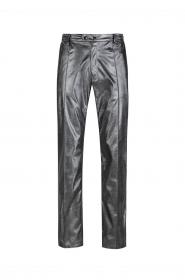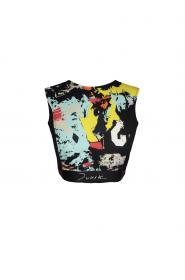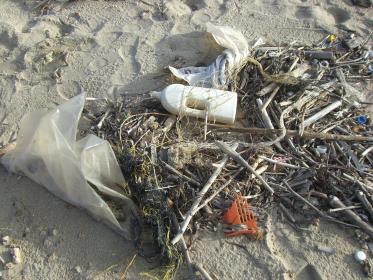Garment manufacturer Eurotay at Denim Première Vision with its future-forward vision
Eurotay showcased at Denim Première Visionits vision and products through the AW 23/24 collection inspired by two themes: Nostalgia and #Still Possible.
Nostalgia stands for heritage and advancement, taking inspiration from classic favorites while enhancing new and existing styles. Setting the tone of the line are vintage-looking washes, echoing the 80s and 90s light acid washes as well as used look with bumped edges or fringed hems. Stretch, comfort stretch with very little elastane and even rigid denim feature in this collection providing catering to any need or preference.
The #Still Possible collection is based on the premise that the textile industry is one of the most polluting ones on the planet, thus it aims to shine a light on how a denim garment can still be made whilst reducing the number of resources employed and by being more conscious about the materials chosen. By using EIM and LCA, garment durability, traceability, recyclability as well as material health are guaranteed, for a collection that looks to a brighter and greener future.
Eurotay has been committed from day one to using less water, less energy, less chemicals to reduce its environmental footprint and its carbon emission and meet the goals of EU Green Deal targets. The company is geared towards building a more and more responsible industry by working hard to reach a set of sustainable goals by 2025. Additionally, the company is working on developing Life Cycle Assessment (LCA) and EPD (Environmental Product Declaration) measuring the global warming, water consumption, land occupation, eutrophication and abiotic depletion performances.
Eurotay / Menabò Group srl


